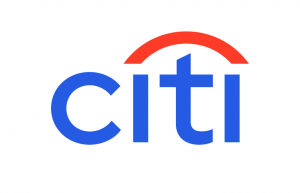
Economic Benefits of Indirect government support of Industrial R&D
Organizer
American Chamber of Commerce
in the Czech Republic
When
18.03.2014, 10:00 - 18.03.2014, 11:00
Where
AmCham offices, Dušní 10, Prague 1 Show on map
What
Driver: Peter Ludikar, Deloitte Goal of the session: Attempt to stir a debate on the economic benefits of Indirect R&D tax support to industry. Background: I was a Partner in the R&D practice with Deloitte in Canada, where the government has been operating one of the most beneficial R&D support programs in the world since 1987. The Canadian government has opted to provide Industrial R&D support via the indirect tax method in preference to direct grant. Direct grant support is inevitably a shared cost between the government and the grantee, and in my experience the extra costs of the bureaucracy associated with the grant generally reduces the net benefit to, sometimes, almost nothing. This approach is a significant burden, not only to the grantee but the government as well. The biggest issue with grants is that the projects are funded based on success - failure or delays due to technical issues are not financed. In addition, the time and effort taken to apply for the grant can be very costly. The indirect approach in Canada is designed to provide financial support to companies that take a technological risk and attempt to solve problems that help them advance technology in general and hence help them develop products that improve profitability. Canada has realized that well qualified Engineers proved 2 main benefits to the economy. 1st is that they make the companies they work for technologically competitive, which brings economic benefits to the country as a whole. 2nd, companies can attract well paid Engineers who in turn spend their salaries in the local economy. Indirect approach has significantly less overhead associated with it - making the cost of administering the program cheaper for the government, and allowing the companies who can claim eligibility to receive beneficial support in the same fiscal year as the expense is incurred. Canada’s indirect support by way of tax credits, is considered to be a major economic tool. It provides smaller companies (below certain tax thresholds) to claim a reimbursable credit that will be paid, whether or not the company is subject to pay tax or not. Canada allocates cca 80% of its industrial R&D support budget to indirect tax support, whereas the Czech Republic allocates cca. 15%. Approach: Opening presentation on the Canadian approach Case study of the actual benefits of yielded by the direct approach Case study highlighting a small(er) operation and the advantages they would see in better access to the indirect approach ---------- Registration: online under the password or at registration@amacham.cz For more info contact Renata Paceltova at rpaceltova@amacham.cz
Log In




